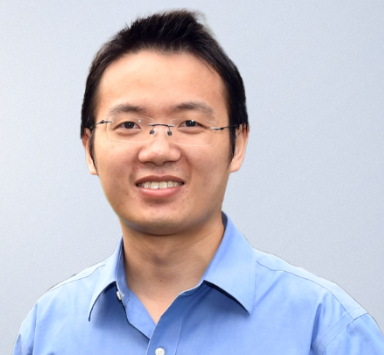
Ir Prof Hailong YE
@ Department of Civil Engineering, The University of Hong Kong, Pokfulam, Hong Kong, China
Brief Bio
Ir Professor Hailong Ye is the Leung Cheuk Tong Outstanding Young Professor and an Associate Professor of Structural Engineering at The University of Hong Kong (HKU). He holds a Ph.D. in civil engineering from The Pennsylvania State University, specializing in cement chemistry and sustainable concrete technology. Prof. Ye’ has authored more than 150 journal papers and holds 10 patents in this area. His work has been cited over 7,000 times and was recognized with prestigious awards, including the Natural Science Award from The Ministry of Education of China and the R&D Award of The HKIE Structural Division.
Abstract:
Modular integrated construction (MiC) is transforming the construction industry by enhancing productivity, safety, and sustainability. This study delved into the potential of using low-carbon lightweight structural and insulation concrete, including foamed glass-based ultra-high-performance concrete (UHPC), lightweight two-stage concrete composites, and cement-free GGBS-based foamed concrete, for enhancing the life-cycle sustainability of MiC buildings. Their impact on both the embodied and operational carbon emissions of MiC high-rise residential buildings was investigated, in which the integrated analysis of material-structure-building interactions was emphasized. The integrated analysis revealed that the use of lightweight concrete could reduce the life-cycle carbon emissions of residential buildings by at least ~7%. Without any use of Portland cement, the GGBS-based foamed concrete can achieve superior mechanical and thermal insulation properties, while lowering the embodied carbon emission by about 80%.